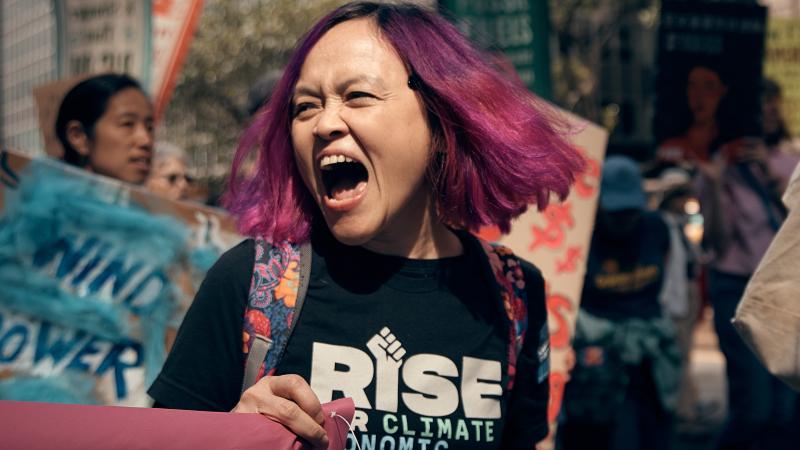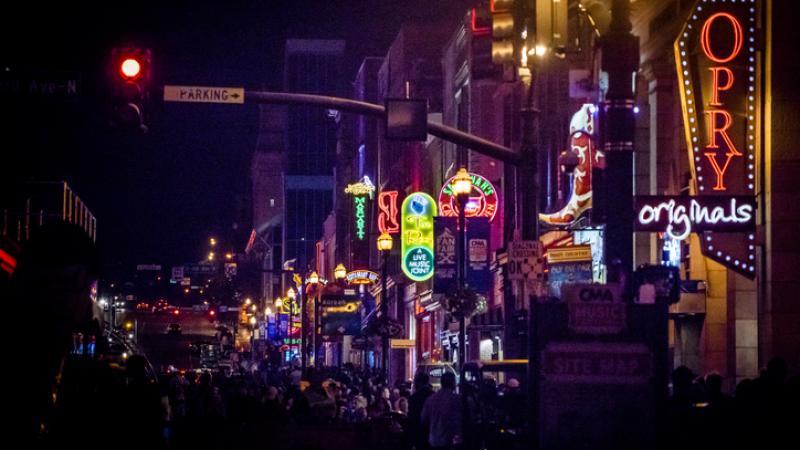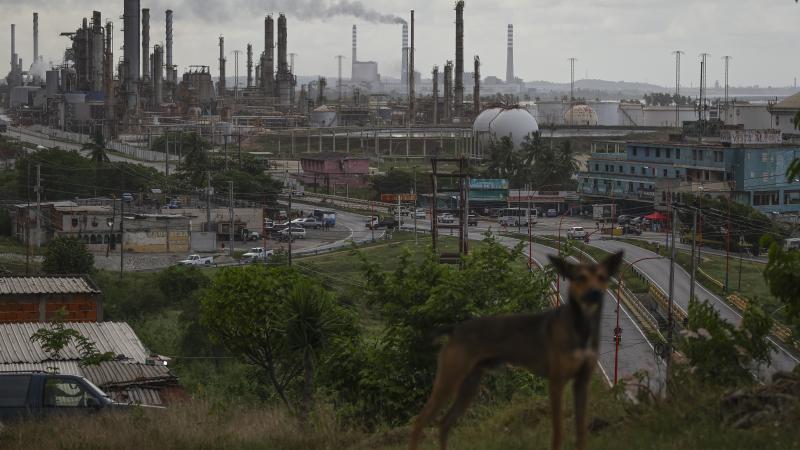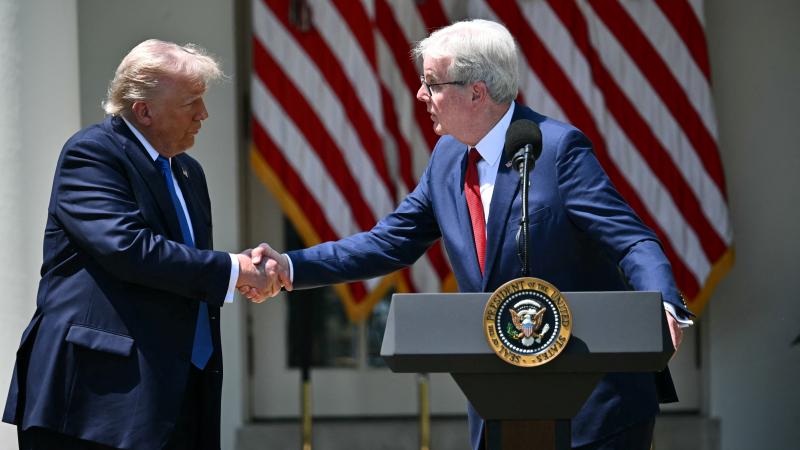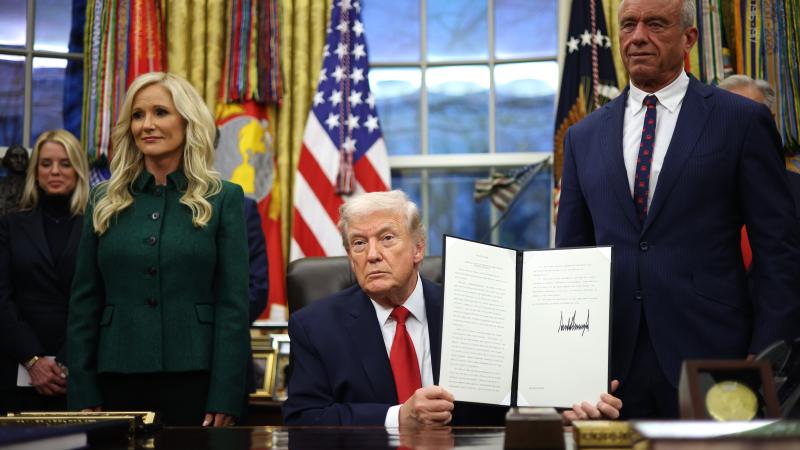Environmentalist, residents push back against solar farms in Louisiana
The primary issue at hand was land. Where should land be devoted to solar power, and more specifically, what type of land.
(The Center Square) — Solar power in Louisiana has become a subject of controversy and lawmakers took a look at both sides of the argument in a hearing this week.
The House Agriculture and Natural Resources Committee met Thursday to hear testimony from both sides of the argument on solar power. Legislators got what they were looking for, with over eight hours of industry and public testimony.
The primary issue at hand was land. Where should land be devoted to solar power, and more specifically, what type of land.
Only a certain type of ground is good for solar farms. Farm soil is best because it's flat, easily accessed and not over any pipelines or channels.
Although it would be more convenient in theory to have them in a place such as bayous and marshes because it wouldn't hurt any other industry, environmentalists strongly opposed that because it would hurt species' habitats. That's not even considering how much harder it would be to manage a plant of any kind on such shaky infrastructure.
The problem is giving up prime land to futuristic energy production. If large land owners sell their land to solar companies, tenant farmers who operate on leases won't be able to afford to keep up.
Mike Strain, the commissioner of the Louisiana Department of Agriculture and Forestry, says giving that land away also means you can't use it for its original intent, which the country desperately needs.
"We are consuming more food than we're producing," Strain said of the U.S. agriculture complex.
In addition, the land owners can't make money off the crops that were supposed to grow.
So why even build them? According to Strain, the federal government doesn't leave a financially sharp land owner much room for choice.
"The fundamental issue is that large federal subsidies and board room politics have resulted in market disruption dealing with the value and utilization of land," Strain said regarding federal loans and tax breaks.
Higher powers than Louisiana's Legislature believe solar is the future, as evident by its $51 billion industry in the U.S. Of new energy, solar makes up over 50% of that tally.
Many corporations are under pressure from signing environmental agreements that say if they don't go green, they won't receive those vital government incentives.
In addition, Louisiana has some of the strongest property rights in the nation. Lawmakers have no intention on requiring land owners to leave a certain amount of farmland if the land owner chooses to build solar farms instead.
Strain offered several solutions. The Legislature could ask the federal government to reevaluate the subsidies, but he says that's highly unlikely.
They could develop uniform guidelines for local planning and zoning, which solves a lot of placement issues. Within that suggestion was the idea of purchasing developmental rights to agriculture land so the state and local governments can more easily control what happens on that soil.
Lastly, they could offer their own subsidies to incentivize land owners.
Regardless of which solution they choose, environmentalists, forestry representatives, farmers, and locals all agreed that the solution needs to be conscious of several things.
One is maintaining a natural aesthetic, as opposed to the "ugly" solar farms, as some locals call them. Two is the way of life that provides many locals with stability. Three is the habitats and vegetation of certain areas.
If you ask Terry Chambers, director of the Louisiana Solar Energy Lab, no solution is needed. The state is already on the right track.
Besides the obvious benefits of cleaner energy, Chambers answered a lot of other concerns. For starters, it's actually not more expensive to make and store than traditional oil and gas. According to Chambers, it is cheaper to make a new solar farm than to keep running a traditional power plant.
Chambers also said he only suggests and expects a max of 1.6% of farmland be used. It is never going to be technically feasible to run the state purely on solar power. If the zoning guidelines are implemented, they can ensure that 1.6% only goes on areas everyone can agree on.
Money talks more than anything, and Chambers says the solar industry could also provide financial benefits to the state. A $1.1 billion investment from First Solar has already been directed to Iberia Parish for solar power construction, maintenance, and use. Chambers estimates the infrastructure will produce about 700 permanent jobs on a $40 million annual payroll.
Lastly, he cited multiple studies done by realtors saying despite the "ugly" and futuristic look that may put off generational residents, there hasn't been a dip in property values near the plants.

